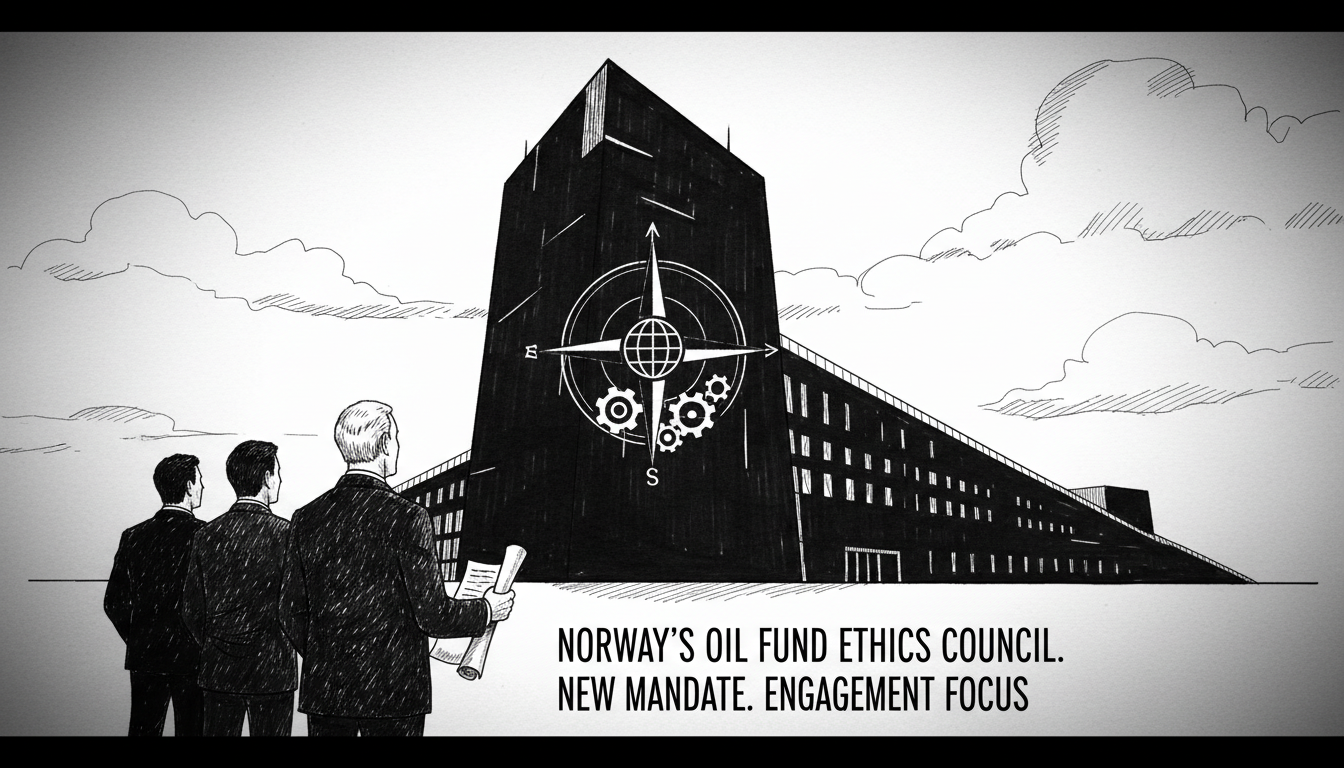Norway's Government Pension Fund Global, commonly known as the Oil Fund, will continue operating under revised ethical guidelines. The fund's Ethics Council received confirmation it will maintain its role but with significant changes to its authority.
The Norwegian government decided the Ethics Council can no longer recommend excluding companies from the massive sovereign wealth fund. This decision follows parliamentary approval of new ethical rules for the fund's management.
Council leader Kristin Halvorsen confirmed the organization will continue contributing to ethical management of the fund. She acknowledged the council must now operate differently without its previous authority to recommend company exclusions.
Halvorsen described the situation as challenging but expressed commitment to developing a workable division of responsibilities with Norges Bank, which manages the fund's investments. The council will now focus on dialogue and engagement rather than exclusion recommendations.
Former central bank governor Svein Gjedrem will lead a comprehensive review of the fund's ethical framework. This examination must conclude by October 2026 and will likely shape future ethical investment policies.
The changes represent a significant shift in how Norway approaches ethical investing through its massive wealth fund. With assets exceeding $1.4 trillion, the fund's investment decisions carry substantial global influence.
This restructuring reflects ongoing debates about balancing ethical considerations with investment returns. Norway has long grappled with how to align its vast oil revenues with environmental and social responsibility standards.
The new approach emphasizes engagement over exclusion, suggesting a more pragmatic investment philosophy. This could mean the fund maintains holdings in controversial companies while pushing for internal reform.
International observers closely watch Norway's ethical investment policies as other sovereign wealth funds develop their own guidelines. The Norwegian model has often served as a benchmark for responsible national wealth management.
The Ethics Council's revised mandate comes amid growing global scrutiny of fossil fuel investments and climate concerns. How Norway navigates these competing pressures will influence sovereign wealth funds worldwide.
What does this mean for the fund's future investment strategy? The shift suggests a more nuanced approach to ethical investing that prioritizes influence over isolation. This could lead to continued investment in sectors like fossil fuels while advocating for environmental improvements.
The changes also reflect political realities in Norway, where different parties hold varying views on how aggressively the fund should pursue ethical objectives. The compromise maintains ethical oversight while giving investment managers more flexibility.
For international companies, the new approach means continued Norwegian investment coupled with ongoing dialogue about environmental, social, and governance practices. The fund's substantial ownership stakes in thousands of global companies give it significant leverage to push for changes.
The coming years will reveal whether engagement proves more effective than exclusion at driving corporate responsibility. Norway's experiment with this new ethical framework will provide valuable lessons for responsible investment worldwide.

